 “The focus is entirely on the relief,’’ a senior official said explaining the policy thrust of the Sindh’s budget 2008-09. Employment generation, supply of essential commodities at affordable prices and efficient delivery of government services are the issues which will feature prominently in the next budget.
“The focus is entirely on the relief,’’ a senior official said explaining the policy thrust of the Sindh’s budget 2008-09. Employment generation, supply of essential commodities at affordable prices and efficient delivery of government services are the issues which will feature prominently in the next budget.
‘’There may be a casual reference to the National Finance Commission (NFC) award in the budget speech, but without much stress, ‘’ a local PPP source indicated. He said, the policy is to avoid raising the controversial issues, at least for some time to come. Accordingly, the budget is expected to be drawn up within the existing framework.
Two senior bureaucrats of the Planning and Development and the Finance, are working overtime to prepare an employment generation programme expected to be announced in the next budget, sometimes in June.
The Sindh Chief Minister Syed Qaim Ali Shah, who holds both the portfolios-Finance and Planning and Developments- is likely to deliver the budget speech in the assembly, announcing a six-month training programme for one to three lakh educated young men and women-- matriculates, graduates and post-graduates..
‘’Monthly stipends of Rs4,000 to Rs7,000 will be offered to those picked up for internship programme,’’ Shazia Marri, the Sindh Information Minister disclosed. She said that negotiations are underway with Overseas Employment Foundation and with relevant federal government agencies to get these internees absorbed in gainful employment on completion of their training.
The training courses are being designed by the government departments and autonomous institutions keeping in view the demands for skill and jobs in the industry and trade . ‘’We plan to set up a Japanese language teaching centre as there is a demand from Tokyo for Information Technology graduates and certificate holders,’’ Shazia said.
But all these employment generation programmes are being prepared when about 7,000 internees working in various provincial departments under National Internship Programme (NIP) have not been reportedly paid their monthly stipends for the last more than two months.
The NIP was launched by former Prime Minister Shaukat Aziz in February 2007. Under this programme, the federal government was to provide funds for stipends. In Sindh, five batches of internees were inducted of which the first batch of 1,600 internees is reported to have completed its term. But no certificates have been issued to them, so far.
PPP activists describe the NIP as a politically-motivated programme which was launched during an election year to secure political mileage. ‘’In our election manifesto, unemployment is identified as a major social and economic issue’,’ one of the PPP source said and added that the party leadership promised to address this problem.
Simultaneously, the Sindh government has begun recruitment of low-grade employees-from grade-1 to grade-9. It intends to begin recruitment of employees in higher grades after the budget. Overall, 40,000 jobs are expected to be offered raising the number of workforce in Sindh to about 550,000.
For the last nine years, the Sindh government has depended mainly on the block allocations in budget for filling the job vacancies. This strategy was taken up as temporary measure in the year 2,000 when the federal government decided to stop capital development loans to the provinces. Since then, the budget documents showed every year a two-liner message under the annual development outlays: ‘’subject to the condition of availability of funds’’.
From 2000-01 to 2007-08, the Sindh government raised its development outlay to Rs50 billion--from Rs7 billion-- in the current fiscal year. It constructed thousands of buildings for schools and basic health units without recruiting teachers, doctors, paramedical staff. It also did not provide necessary equipment and furniture. Now, it is recruiting staff for all these schools and hospitals.
While the provincial revenues stagnate around Rs20-22 billion, officials in Sindh government report, a cut in funds from Islamabad would bring financial constraints. Last month, the Federal Board of Revenue (FBR) announced a cut in the expected revenue collection of Rs990 billion by June end as against the originally projected amount of Rs1,025 billion. Officials fear that total revenue collection will not be even Rs990 billion and the decrease will cause a slash in Sindh’s share.
‘’The federal government started giving negative signals since December 2007 on flow of funds from Islamabad,’’ confided an official. He said, the federal government wanted Sindh to cut down its annual development programme from Rs50 billion to less than Rs30 billion. ‘’But we had drawn up Rs50 billion ADP entirely on our resources and therefore we refused to accept their advice,’’ he said.
Late last month, in his presentation, the Sindh finance secretary informed Chief Minister Syed Qaim Ali Shah about a deficit of Rs12.3 billion projected originally in the budget as total revenue was stipulated at Rs223.8 billion and expenditure at Rs236.1 billion. No indication was given as to how Rs12.3 billion gap would be plugged.
But well-placed sources confide that there was already a shortfall of Rs14 billion in Sindh’s share in funds from Islamabad. The cut has come in Sindh’s share of original subvention at Rs7.15 billion. For next fiscal year, the federal government indicated Rs8.19 billion subvention grant-in-aid which looks doubtful. Since growth in revenue collection is not in line with budgetary projections, the flow of Sindh’s share from federal divisible pool is also less than projected in provincial budget.
How the budgetary appropriations have been adjusted by the federal and provincial governments because of lower collection of taxes and rise in expenditure has not been made public so far.
The PPP leadership has not consulted the business leaders so far. A report however says that Sindh Industries and Commerce Minister Mr Rauf Siddiqui of Muttahida Qaumi Movement (MQM) has met a few business representatives.
Within PPP circles there is a strong urge to pay more emphasis on social sectors and on infrastructure. Education, health, roads, agriculture and water supply are to get greater attention and more resources. There is also an urge to develop strong urban and rural linkages.
Just after taking his oath, the chief minister did speak of reviving a unified provincial taxation authority. He also raised the NFC issue with Prime Minister Syed Yusuf Reza Gilani. The PPP supporters do talk privately of the impact of immigration of job seekers from the north on Sindh’s infrastructure, law and order and on social and economic conditions but are not articulating it openly. At least for some time to come, it is a tight rope walking for the PPP government.


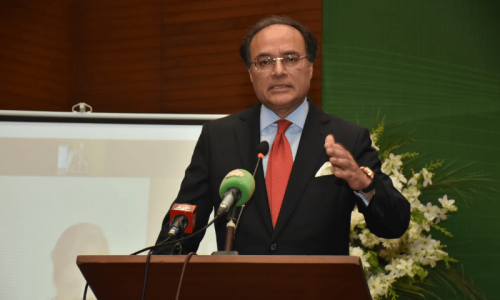



















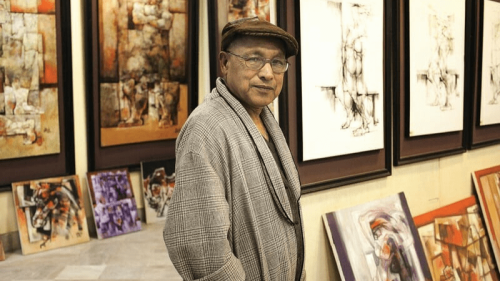











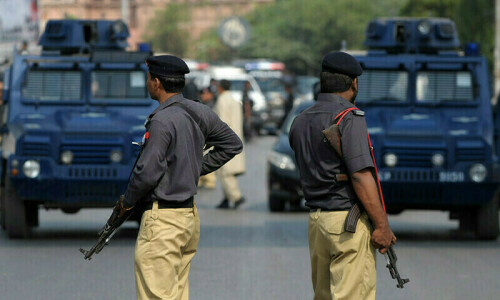








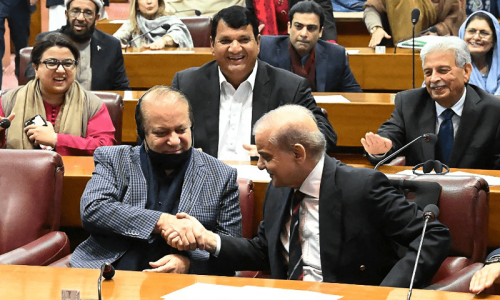
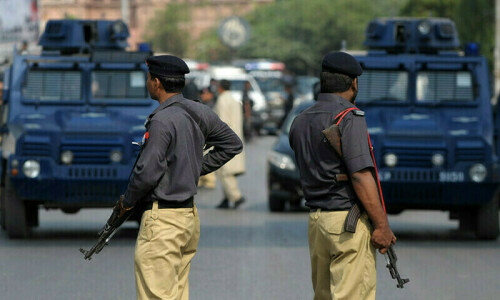


Dear visitor, the comments section is undergoing an overhaul and will return soon.